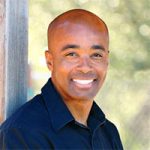
Barry Franklin
The blog provides specific information to help you decide if forensic science is the right choice for you. With the inside scoop on forensic science professors, schools and training programs, as well as detailed information on the steps and requirements to become a forensics professional, the ForensicsColleges.com blog is a fine place to begin your research.

Forensic biochemistry has various applications. For instance, forensic biochemists may be asked to trace the origin of a particular substance, determine paternity or the relationships that specific people or animals share, or even track the spread of diseases.
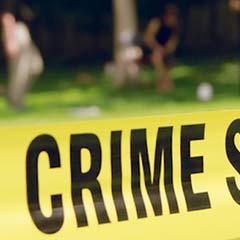
For an unattended death, law enforcement must use a combination of investigative techniques and science to calculate how much time elapsed between the victim taking their last breath and their remains being found.
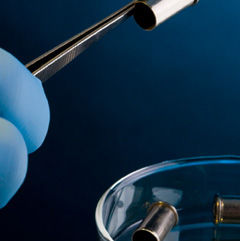
Forensic scientists have very interesting jobs that can take them from crime scenes to labs and to courtrooms. Those who have interests in the medical field, science, and law enforcement will find that this may be a perfect career option. Before learning how to become a forensic scientist, it is important to understand what those in the field do on a daily basis.

Whether you are thinking of changing careers or are currently in school looking for the right career path, if you found your way here, you want to know how to become a criminal profiler. With the proliferation of characters acting as profilers on television and in movies, the profession is certainly one that draws a lot of attention.
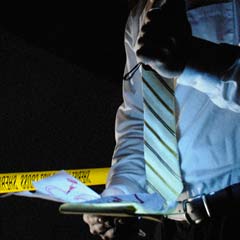
Real detective work is far removed from the glamorous media portrayals, requiring incredible patience, investigative rigor, and ironclad ethics. In addition to being exposed to potentially dangerous individuals and situations, the process of solving cases can take months or even years, much of it spent poring over documents, photographs, and files.
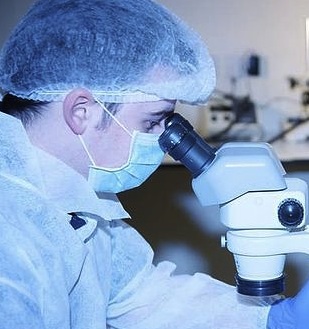
Those educated in forensic biology can seek out careers as biologists, DNA biologists, biologist forensic examiners, biology DNA program specialists, and more.

Those who practice forensics are essentially scientific detectives. They must reconstruct an event after the fact, through the study of biology, chemistry, and technology. Forensic professionals study ballistics, toxicology, questionable documents, fingerprints, DNA, and trace evidence. Their findings help to convict the guilty and exonerate the innocent.

When BTK resumed his communication with the media in 2004, he overlooked a critical fact: this was now the 21st century, and law enforcement officers were becoming increasingly adept at forensic science.

Barry Franklin
Before co-founding Sechel Ventures Partners LLC, Barry Franklin was a VP at a Silicon Valley software company. He is an investor and advisor for DataSimply and Impellia. Barry believes that education and lifelong learning are paramount. Barry met his wife at Carnegie Mellon University and they have two beautiful daughters. He also volunteers for various committees at his kids’ high school.